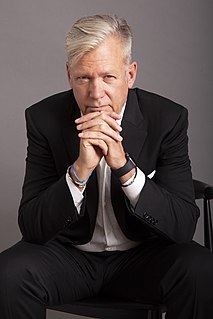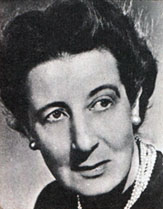A Quote by Soren Kierkegaard
At one time my only wish was to be a police official. It seemed to me to be an occupation for my sleepless intriguing mind. I had the idea that there, among criminals, were people to fight: clever, vigorous, crafty fellows. Later I realized that it was good that I did not become one, for most police cases involve misery and wretchedness-not crimes and scandals.
Related Quotes
Many White people are not sensitive to the kind of abuse that African Americans, especially younger African Americans, receive at the hands of police officers and police departments. I think for most Whites their experience with the police has been good or neutral because they don't interact with the police as much as those in the Black community.
I was whisked away by the Rajasthan police from Ahmedabad as soon as they realised I had applied for bail. They first put me in a filthy cell in the police station, then took me to jail where I was locked up with five hardcore criminals. It was a nightmare. We had to sleep on the cold floor. That's where one sleeps in jail.
It had long been true, and prisoners knew this better than anyone, that the poorer you were the more likely you were to end up in jail. This was not just because the poor committed more crimes. In fact, they did. The rich did not have to commit crimes to get what they wanted; the laws were on their side. But when the rich did commit crimes, they often were not prosecuted, and if they were they could get out on bail, hire clever lawyers, get better treatment from judges. Somehow, the jails ended up full of poor black people.








































